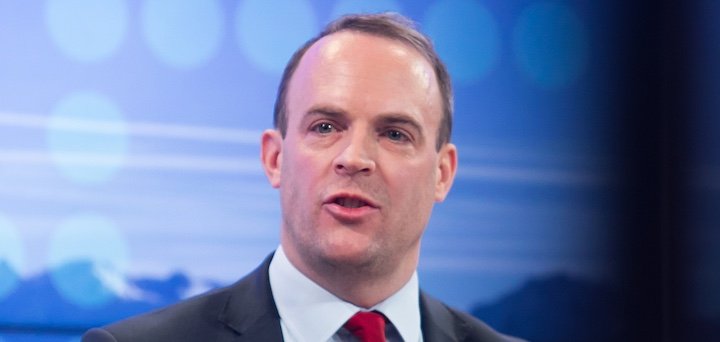Housing minister Dominic Raab has confirmed a government u-turn on a budget promise to compensate councils for the new “staircase tax” resulting from a 2015 Supreme Court ruling on business rates.
In last year’s budget, chancellor Philip Hammond announced that businesses would be able to claim a rebate on bills based on the way they were calculated before the ruling – backdated to 2010.
However, speaking in the House of Commons this week, Raab said that the government no longer intended to honour this promise.
“I do not think it would be right to compensate local authorities for what would effectively be an inadvertent windfall resulting from a judicial determination,” said Raab. “From the point of view of government policy, that was not something we wanted to see, and we have moved as swiftly and reasonably as we can to correct this.”
The Supreme Court ruling reversed more than 50 years of practice that businesses operating in separate units, or rooms, accessed from a connecting staircase received a single rates bill.
Following the judgement, the Valuation Office Agency has changed its practice to issue separate bills for each floor — with businesses able to claim a rebate back to 2010.
This means that some rates payers previously eligible for small business rates relief have lost some, or all, of their relief.
In addition, rateable value per square metre is sometimes lower for large properties due to landlords offering discounts to fill space.
Raab said that only a small number of businesses — fewer than 1,000 — are affected adversely by the change.
Raab made his announcement on Monday, during a debate on the tax, held during the second reading of the Rating (Property in Common Occupation) and Council Tax (Empty Dwellings) Bill.
Also speaking in the debate, Clive Betts, chairman of the housing, communities and local government select committee, said: “We accept that the legislation takes the position back to what people thought it was before the court decision.
“In the meantime, however, we have had the court decision and local authorities will have done their estimates based on that decision, so the government are effectively changing local authorities’ financial positions from what they thought they would be a few months ago.”
Raab said that local authorities had been informed of the change of direction “as soon as was reasonably possible”.
In a briefing criticising the u-turn, the Local Government Association said: “It is disappointing that the government has reversed their autumn budget decision on the financial implications of this measure, and has indicated that no compensation will be payable to local government.
“We support the housing, communities and local government committee’s recommendation that the government needs to reassure councils that they are not going to be worse off financially because of this legislation, and that the government should bear the associated costs as a result of the reforms.”











